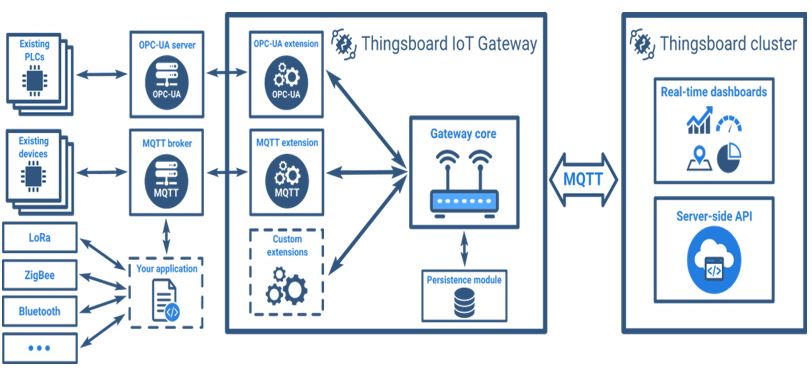|
Introduction: In the digital age, where information flows seamlessly across the globe, protecting computer networks from cyber threats is of paramount importance. One essential tool in this endeavor is the internet firewall. This article explores the significance of internet firewalls, their working principles, and their role in safeguarding digital networks. Understanding Internet Firewalls: An internet firewall acts as a barrier between an internal network and the external internet, monitoring and controlling incoming and outgoing network traffic. It serves as a security checkpoint, filtering data packets based on predefined rules to allow or block specific connections. The primary objective of a firewall is to prevent unauthorized access while permitting legitimate communication. Types of Firewalls: Packet Filtering Firewalls: These firewalls examine the header information of each packet, including source and destination IP addresses, port numbers, and other protocol-specific details. They make decisions based on preconfigured rules, such as allowing or denying packets based on their characteristics. Stateful Inspection Firewalls: Unlike packet filtering firewalls, stateful inspection firewalls keep track of the state of network connections. They examine the context of each packet, ensuring that it belongs to an established connection and hasn't been tampered with. Application-Level Gateways (Proxy Firewalls): These firewalls act as intermediaries between internal and external networks. They inspect application-layer data, providing a higher level of security by preventing direct connections between external sources and internal systems. Benefits of Internet Firewalls: Network Security: Firewalls are the first line of defense against unauthorized access and malicious activities. By blocking suspicious traffic, they help protect sensitive data and prevent unauthorized intrusions into a network. Access Control: Firewalls enable network administrators to define and enforce access policies. They can restrict access based on factors such as IP addresses, port numbers, and protocols, ensuring that only authorized users and services can communicate with the network. Threat Prevention: Firewalls can detect and prevent various cyber threats, including malware, viruses, and denial-of-service (DoS) attacks. They use techniques like intrusion detection systems (IDS), intrusion prevention systems (IPS), and deep packet inspection (DPI) to identify and mitigate potential threats. Network Segmentation: Firewalls facilitate network segmentation by dividing a large network into smaller subnetworks. By implementing separate firewalls for each segment, organizations can contain potential breaches and limit the impact of any security incidents. Conclusion: Internet firewalls play a crucial role in protecting digital networks from cyber threats. Their ability to filter and control network traffic ensures that only legitimate connections are established while unauthorized access is prevented. By understanding their significance and implementing appropriate firewall solutions, organizations can enhance their network security and safeguard valuable data in the ever-evolving digital landscape.  |
